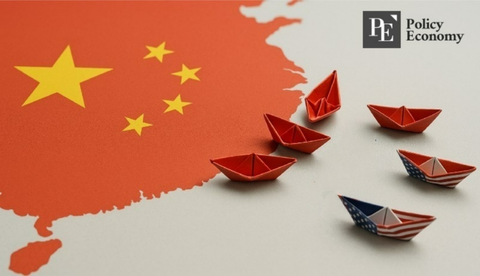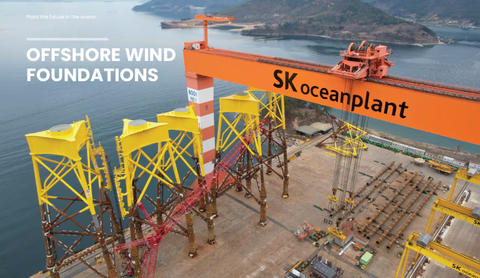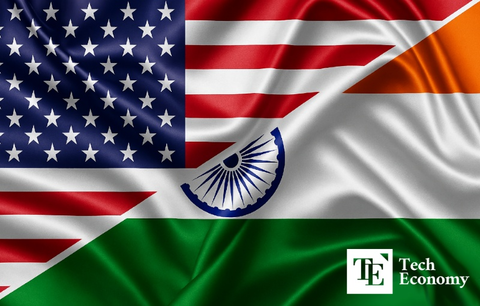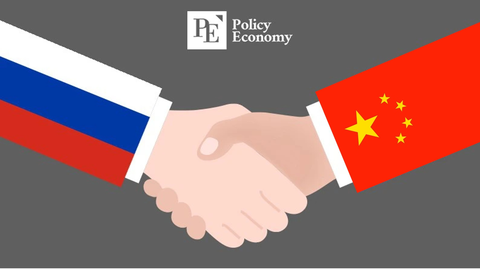DeepSeek: China's Strategic Move to Secure Soft Power and Dominance in the Global South
Input
Changed
The Rise of DeepSeek: A Game-Changer for Global AI Competitors The Soft Power Potential of DeepSeek The Road Ahead for China and the Global South
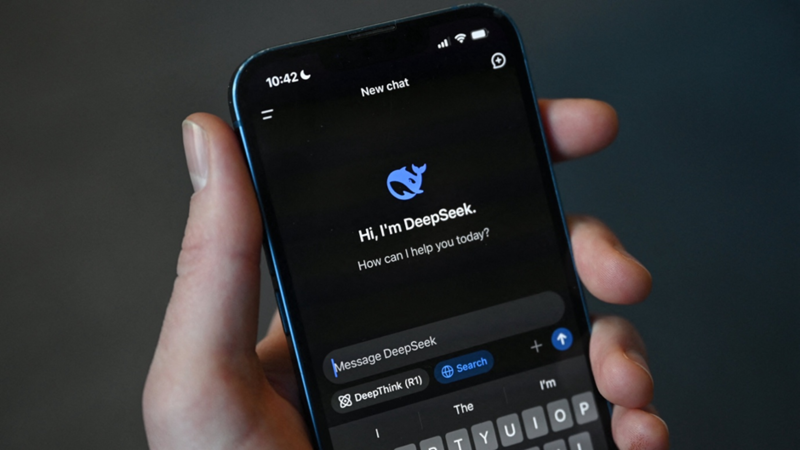
In the age of digital dominance, artificial intelligence (AI) is no longer just a tool; it is a symbol of global power, economic growth, and geopolitical influence. As countries around the world race to develop cutting-edge AI technologies, China, with its strategic investments and bold moves, may be positioning itself to take the lead in AI-driven global influence. One of the tools at the center of this shift is DeepSeek, an open-source AI framework that has the potential to reshape the power dynamics of the Global South.
China’s ambitions to leverage DeepSeek to secure a significant soft power edge in the Global South are becoming increasingly clear. By providing affordable and open-source AI technologies to developing countries, China is building stronger ties with these regions, while offering a way for nations like India, Russia, and other emerging economies to catch up to their Western counterparts in AI development. If successful, China could create a network of AI-driven partnerships that could bolster its geopolitical influence, undermining the traditional dominance of the United States and other Western powers in the AI sector.
The Rise of DeepSeek: A Game-Changer for Global AI Competitors
For much of the last decade, the AI race has been led by American companies, particularly those backed by Silicon Valley giants such as Google, Microsoft, and OpenAI. But with the rise of DeepSeek, an open-source AI platform developed in China, this dynamic is rapidly shifting. DeepSeek presents a unique opportunity for countries across the world to leapfrog traditional technological development hurdles by providing a free, accessible, and customizable AI model. As a result, nations in the Global South—regions such as Southeast Asia, Latin America, and parts of Africa—are taking notice.
The open-source nature of DeepSeek allows countries with limited resources to integrate cutting-edge AI capabilities into their development projects without having to invest heavily in proprietary systems. This accessibility is especially important in countries that are working to establish a robust technological infrastructure but are facing financial constraints. With DeepSeek, these nations can bypass the high costs of developing or purchasing proprietary AI systems and, instead, take advantage of a technology that is both affordable and customizable to meet their specific needs.
While China is the origin of DeepSeek, it is rapidly gaining traction in other countries—particularly in India and Russia. Both nations are keen to accelerate their AI capabilities, and DeepSeek offers a cost-effective solution to their technological aspirations. India, in particular, has shown an increased interest in DeepSeek as a way to boost its own AI research and development. As an emerging economy, India faces a challenge in competing with countries like the United States and China in the AI space. However, DeepSeek offers India a chance to close the gap and potentially become a leader in AI innovation.
Experts believe that DeepSeek is India's "final call" to board the AI flight. The platform offers the tools needed for India to catch up with global AI competitors, including the U.S. and China. However, India must move quickly, as global competition in the AI sector is fierce, and without the right tools and infrastructure, it risks falling behind.
Russia, too, has seen DeepSeek as a powerful tool in its ambition to become a global leader in AI technology. Given its position as a key player in global politics, Russia’s increasing use of DeepSeek is strategically significant. Not only does it provide Russia with the AI tools it needs to modernize its economy and military capabilities, but it also deepens its ties with China and strengthens its position within the broader Global South.
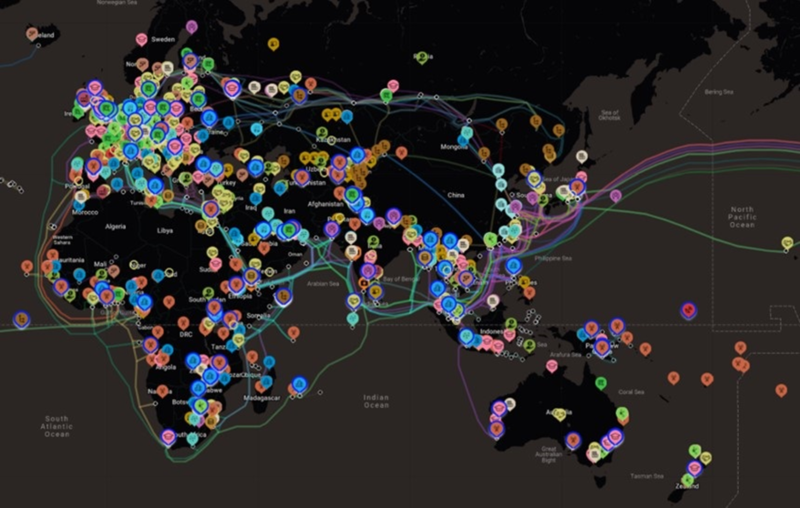
The Soft Power Potential of DeepSeek
At the heart of China's strategy with DeepSeek is the concept of "soft power"—the ability to influence other countries through non-coercive means, such as culture, diplomacy, and technology. China's growing influence in the Global South is not just about economic investments or geopolitical alliances. By offering DeepSeek as an open-source, accessible AI solution, China is positioning itself as a benevolent leader of technological development for emerging economies. This is a far cry from the traditional “hard power” approach of military intervention and economic sanctions. Instead, China is choosing to extend its influence through technology and innovation.
For China, DeepSeek represents a powerful tool in the battle for soft power. In the Global South, where many countries are still struggling to catch up to the technological advancements of the West, China's open-source AI offers a solution that is both accessible and relevant to their needs. Countries that partner with China on DeepSeek gain access to advanced technologies that could propel their economies forward, while also aligning themselves with a growing Chinese-led technological ecosystem. In return, China strengthens its influence in these regions, creating a mutually beneficial relationship built on trust and technological collaboration.
AI has already become a key driver of global economic development, with governments around the world investing heavily in its advancement. While the United States and China have traditionally dominated this space, countries in the Global South are starting to make their own moves to develop their AI capabilities. DeepSeek is part of this broader trend of technological democratization. For many countries in the Global South, the ability to access cutting-edge AI without the high price tag of proprietary systems is a game-changer.
As more countries adopt DeepSeek, China’s influence will only continue to grow. By providing a tool that enables countries in the Global South to leapfrog traditional technological development stages, China is helping these nations create their own AI ecosystems. This could lead to the development of a powerful network of AI-driven economies, with China at the helm. The rise of DeepSeek signals that China is not just interested in becoming a global leader in AI, but also in establishing a new, China-led AI ecosystem that could reshape the global technological landscape.

The Road Ahead for China and the Global South
While the potential of DeepSeek is clear, its long-term impact on global AI dynamics remains to be seen. The key to China’s success in leveraging DeepSeek will be its ability to continue fostering strong partnerships with countries in the Global South. The open-source nature of the platform gives China an edge in this regard, as it allows countries to develop AI systems tailored to their specific needs, without the constraints of proprietary software.
However, as more countries adopt DeepSeek, the global AI race will become even more competitive. China will face pressure from other nations—particularly the U.S.—to maintain its position at the forefront of AI innovation. The United States is unlikely to take China's rise in AI lying down, and could ramp up its own efforts to develop AI technologies that can compete with DeepSeek. Nevertheless, China’s position as the provider of an open-source, affordable, and accessible AI platform gives it a significant advantage, especially in the Global South.
As the world continues to embrace AI, the influence of DeepSeek will likely grow, and with it, China’s soft power. If China succeeds in consolidating its influence over the Global South through AI, it will have secured a major geopolitical victory—one that could change the balance of power in the digital age.
In the evolving landscape of global AI, China’s use of DeepSeek represents a bold strategic move to gain influence in the Global South. By offering an open-source, affordable AI framework, China is positioning itself as a leader in AI development for emerging economies. As more countries like India and Russia adopt DeepSeek, China’s influence in these regions will only grow, allowing it to expand its soft power and create a new, China-led AI ecosystem. Whether this strategy will succeed in the long term remains to be seen, but for now, DeepSeek is a powerful tool in China’s quest for technological and geopolitical dominance.


